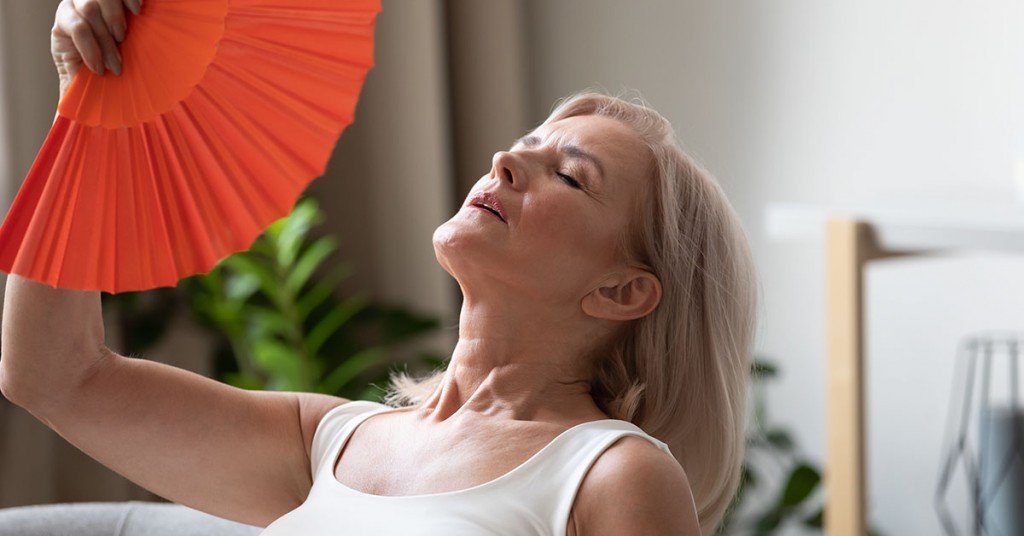
MENOPAUSE
Why choose OUR MENOPAUSE SPECIALIST?
DR Jacqueline:
Here what Dr Jacqueline has to say :
I am a Postmenopausal person who is also a Dr
I love my job, I have a Husband, 3 (grown up) children, a Mother and a Sister who give me lots of joy (and some stress). I value my friends, some of whom I have known since Junior School. I also love travelling, long haul, medium haul and short haul (the latter in our touring caravan). I have never been described as sporty, but I like to keep fit and enjoy walking, yoga, cycling (on the flat). I enjoy being both on and in the water; sailing both yachts and dinghys, and have recently had a go at Paddle Boarding; I hold a PADI advanced diving certificate (warm water only – you can tell I’m not overly hardy !!), I like being outside, dabble in gardening especially if I can enjoy the sight, smell or taste of my labours , and will have a go at most crafts – cross stitch, knitting and rag rugging are all currently in progress – and I can lose myself in cooking too. I believe that nature, exercise and mindful activities are essential to wellness and happiness, as is feeling as comfortable as possible in ones’ own skin.
About her Training and Qualifications
I attended Queen Marys’ High School Walsall, then studied medicine at St Thomas’ Hospital Medical School in London, and graduated in July 1987. I worked in and around London for 3 years in specialities including A&E, Obstetrics and Gynaecology, Psychiatry and General Medicine/Cardiology, then completed my GP Training year in Burwell near Newmarket in 1992- 1993. I became a partner in a small, family GP Practice in North Worcestershire in 1994, where I spent a very happy 26 years, most of which as the only female Doctor, also working at the Brook Advisory Clinics in Birmingham and in Tipton for many years. I have always been interested in Women’s Health, Sexual Health, Gender Identity issues, Psychological Medicine including neurodiversity, and Substance Misuse. I have spent some time working within the Sexual Health Clinic at our local Hospital.
I feel passionately that if people are given the opportunity to be heard and ask the questions they need to ask, are offered good, evidence-based advice on how to navigate their Peri and Menopause (looking at hormones, lifestyle and stresses, as well as physical health) this is an opportunity to re-set and live the lives they want to live in the way that best suits them. I believe that Hormones are part of the answer, but not all of the answer- and I want to be able to help you to find the approach that works best for you.
I also deliver talks and Q&A sessions on Menopause, please email me for further details
What is menopause? Menopause marks the end of a woman's menstrual cycles. It is officially diagnosed after a woman has gone 12 months without a menstrual period.
At what age does menopause typically occur? Menopause usually occurs between ages 45 and 55, but the average age is 51 in the United States.
What are the common symptoms of menopause? Common symptoms include hot flashes, night sweats, vaginal dryness, mood swings, sleep problems, and changes in libido.
How long do menopausal symptoms last? The duration varies; some women experience symptoms for a few years while others may have them for over a decade. Symptoms gradually lessen over time.
Can menopause affect mental health? Yes, hormonal changes during menopause can impact mental health, leading to issues like anxiety, depression, and mood swings.
What treatments are available for menopause symptoms? Treatments include hormone replacement therapy (HRT), lifestyle changes (such as diet and exercise), and non-hormonal medications to manage specific symptoms.
Is hormone replacement therapy safe? HRT can be safe and effective for many women, but it's not suitable for everyone. The benefits and risks can vary based on a woman’s health history and the duration of the therapy.
Can menopause cause weight gain? Many women gain weight during menopause due to a combination of aging, hormonal changes, and lifestyle factors.
What lifestyle changes can help manage menopause symptoms? Eating a balanced diet, maintaining a healthy weight, exercising regularly, managing stress, and avoiding triggers like hot drinks, spicy food, and tight clothing can help.
Should I see a doctor about menopause? Yes, it's a good idea to discuss menopause with a healthcare provider. They can help manage symptoms and address health changes efficiently.


